Key federal government agencies, civil society organisations (CSOs) non-governmental Organisations (NGOs), student groups, the media and other stakeholders have roundly rejected the Protection from Internet Falsehoods, Manipulations and Other Related Matters Bill, 2019 (SB 132), tagged Social Media Bill.
Amongst the groups that made presentation rejecting the bill at the Senate public hearing yesterday were the Nigeria Law Reform, Legal Advocacy Centre (PLAC), YIAGA Africa, Centre For Democracy Development (CDD), African Independent Television (AIT), Sahara Reporters, Amnesty International, Nigeria Communication Commission(NCC), and the Independent Corrupt Practices And Other Related Offences Commission (ICPC).
Others were Space for Change, International Press Centre (IPC), Enough Is Enough, Social Media Community, Socio-Economic Right and Accountability Project (SERAP) amongst others.
The only three organisations that supported of the bill were the Nigerian Army, Civil Voices Coalition for Protection of Right And Privileges (CVCPRP) and Nigerian Supreme Council for Islamic Affairs (NSCIA).
However, senators are presently facing dilemma over the anti-social media bill, with some of them complaining that their constituents have been calling, abusing them over the bill.
At the public hearing on the bill titled, “Protection from Internet Falsehoods, Manipulations and other related matters Bill,” sponsored by Senator Mohammed Sani Musa, series of drama emerged as 77 per cent of groups and individuals that spoke, kicked against it.
Shortly after the public hearing was declared open by the Senate president, Ahmad Lawan, speakers took turns to kick against the bill on the ground that it did not represent the interest of Nigerians.
Speaking on behalf of the CSOs, the head, Civil Society Organisations Situation Room, Clement Nwankwo, appreciated the Committee on Judiciary, Human Rights and Legal Matters, which organised the public hearing, but pointed out that “this Bill is completely unnecessary.”
During his presentation, Nwankwo noted that police had been going beyond its brief, adding that, “the Bill if passed will force the Police to do more harm than what they are doing now. There will be too much impunity, this Bill should be completely discountenanced.”
The Nigeria Union of Journalist (NUJ) also opposed the bill, insisting that it should be withdrawn.
National president of NUJ, Christopher Isiguzo, said that the bill sought to pigeon-hole Nigerians from freely expressing themselves.
While kicking against the bill, the executive vice chairman of the Nigerian Communication Commission (NCC), Prof. Umar Dambata ,said that the bill gave too much power to the police and other security agencies.
Dambata, noted that certain provisions of the bill were difficult to implement, adding that the provisions have already been covered by other laws.
But supporting the bill, the Nigeria Army said that it welcomed its provisions, adding that even advanced democracies have a way of regulating the media.
Representative of the Chief of Army Staff (COAS), Tukur Buratai, Major General Solomon Udoma, said false information undermines leadership, destroy peace and threatens unity.
He noted that not only does it distort information, but sometime led to clash between security agencies. He further stated that the bill should be considered in the interest of the society.
The chairman, Broadcasting Organisation of Nigeria (BON), Saad Ibrahim, in his contribution said the bill was unnecessary. He added that the bill appeared to be undefined and some parts should be deleted if it must be passed.
The executive director, YIAGA Africa, Samson Itodo, said they completely reject the bill and align with other civil society that supports its rejection.
He added that the bill will duplicate laws that are already in existence, adding that any attempt to regulate social media, will infringe on the right of the people.
Speaking on behalf of CDD, Shamsudeen Yusuf, said the bill should not passed.
He said blockage of social media is not good adding that countries that have done that conceal digital operations.
The country director, Amnesty International, Ossai Ojigo, said the social media bill would not meet the minimum standard of freedom if passed.
The ICPC, represented by Dr Esa Onoja, said that they are neither for nor against, but noted that the bill gave more power to the police instead of the office of the attorney general of the federation.
He said ICPC was only duty bound to enforce any law passed.
Earlier, chairman of the Committee, Michael Opeyemi Bamidele, said that the National Assembly, which is the bedrock of constitutional democracy would not shy from its mandate of making laws that will stand the test of time.


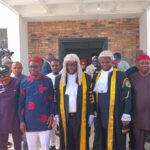
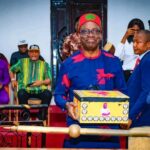
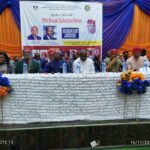




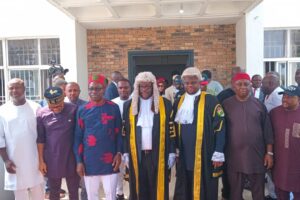
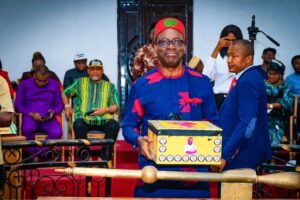
Add Comment